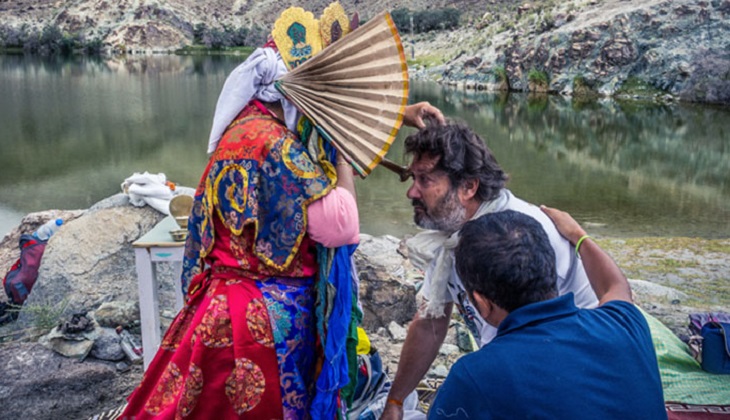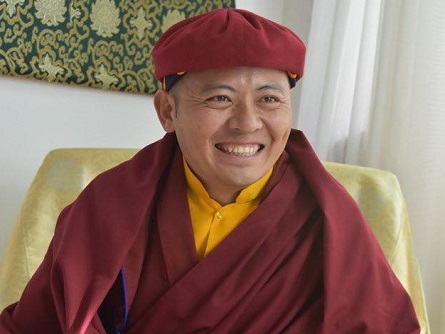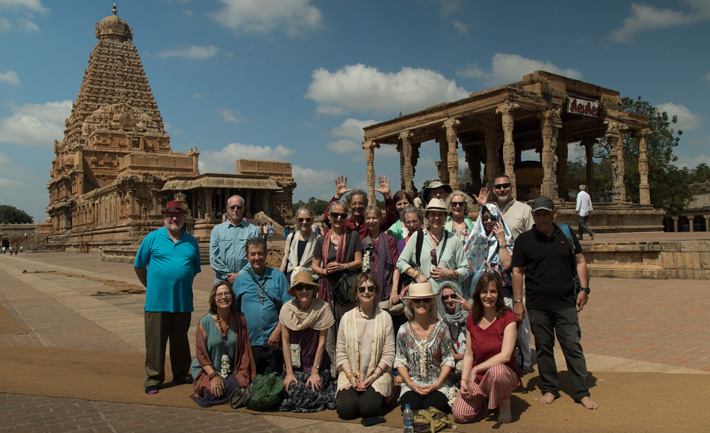
What is Karma Yoga
Karma yoga derives from the Sanskrit word that means “action or doing” and is based on engaging in selfless acts for others. It is about removing the egotistical question of “what do I receive through doing this?” And about simply acting without focusing on gain or result. Karma yoga is one of the four branches of yoga and is an ancient practice that draws on the law of Karma to help make you a more compassionate and loving person, as well as to make the entire world a happier and kinder place.
The core principle of Karma yoga is to release our attachments to the rewards or outcomes of actions, and instead, let the fruits of our labours become spiritual offerings.
The benefits of Karma Yoga for Deepening your Spiritual Practice
Practising Karma Yoga can have a hugely positive impact on your mental, emotional and spiritual wellbeing. By releasing the focus on what we will gain or what the outcome of an action will be, we can release the need to control things and so reduce feelings of stress and anxiety over outcomes and results.
Positive psychology studies have also shown, several times, that acts of kindness (service) to others greatly improve well-being levels meaning, engaging in a regular Karma Yoga practice can help to improve your well-being leading to a happier and more fulfilled life.
As the focus on Karma Yoga is kindness, compassion and love towards others, it can help to deepen your connection to others and to help you to feel like you have a purpose or are making a difference in the world.
Finally, practising Karma Yoga can help you to lead a heart-centred and compassionate life helping to reduce negative feelings such as anger and jealousy and enhance feelings of happiness, selflessness and contentment.
Acts of Service on our Sacred Journeys
Knowing the importance of Karma Yoga and acts of service for spiritual practice as well as improving well-being, several of our journeys incorporate this into the itinerary.
On our sold-out journey to Nepal and India with Dr Miles Neale, pilgrims will engage in acts of service to show gratitude to those in the communities they travel to. On our pre-trip extension, while staying at the Rachen Nunnery in the Tsum Valley, we spend a day in service to the nuns. Dr Miles Neal and students from his Contemplative Studies Program have initiated at the nunnery the Tsum Valley Rachen Nunnery Service Project. Which aims to help people to cultivate their Buddhist practice through generosity. The programme is made up of volunteers who are aiming to plant 500 apple trees, instal a new water tank and irrigation system, and create wheelchair-accessible bathrooms to help elderly nuns and monks at the site. During our stay here, we will be able to join in these efforts and give back to the community that has welcomed us.

On our other journey to India with Andrew Harvey, pilgrims will also have the opportunity to practice Karma Yoga. While visiting Mahabalipuram, we will learn about local community projects that help physically-challenged or less fortunate children and will have the opportunity to support these worthwhile projects to improve the lives of these children. While staying at the Shantivanam, or Saccidananda Ashram you will have the chance to deepen your Karma Yoga practice by helping to prepare and serving meals to others staying at the Ashram and there will also be plenty of time to contemplate and reflect on the importance of acts of service and living in service to others.
On the fourth day of our Ladakh journey, we will start our Way of the Bodhisattva retreat at the Hemis Monastery. Here, Thuksey Rinpoche will introduce us to one of his projects, an example of how he is putting love into action with his “Live to Love” project. We will visit the Druk Padma Karpo School, set up by Thuksey Rinpoche and his students to provide modern and traditional education for Ladakhis. The school provides boarding facilities for some of the country’s poorest students.

On the second day of the retreat, there will be a tour of Thuksey Rinpoche’s dog sanctuary project. Ladakhi’s towns are overrun by stray dogs that have a very poor quality of life and can spread disease. Rinpoche has created a sanctuary where these animals can come to live out their days in peace and no longer need to scavenge for food. The project also neuters many other dogs and rehabilitates formerly aggressive animals. Finally, on day 10 we will pay a visit to Chulichan nunnery (close to Ridzong monastery), and learn about educational and other community projects grounded in compassion and love in action.
We hope that by engaging in Karma Yoga while on one of these three journeys, you’ll be able to deepen your spiritual practice. You will have the opportunity to meet and learn from those who have dedicated their lives to helping others and to understand how rewarding and fulfilling living with an open heart and compassion can be.

